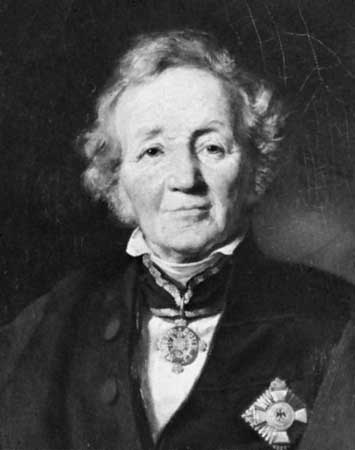Related Topics
Academia (2)
continued.
Favorites - II
More favorites. Under construction.
Right Angle Club: 2013
Reflections about the 91st year of the Club's existence. Delivered for the annual President's dinner at The Philadelphia Club, January 17, 2014.
George Ross Fisher, scribe.
On Writing History
History doesn't write itself.
More, or Fewer, Raisins in the Pudding

|
| manuscripts |
Some book publishers do indeed regard history as handfuls of paper in a manuscript package, mostly requiring rearrangement in order to be called a book. Librarians are more likely to see historical literature dividing into three layers of fact mingled with varying degrees of interpretation: starting with primary sources, which are documents allegedly describing pure facts. Scholars come into the library to pore over such documents and comment on them, usually to write scholarly books with commentary, called secondary sources . Unfortunately, many publishers reject anything which cannot be copyrighted or is otherwise unlikely to sell very well, however important historians say it may be. Authors of history who make a living on it tend to focus on the general reading public, generating tertiary sources, sometimes textbooks, sometimes "popularized" history in rising levels of distinction. Sometimes these authors go back to original sources, but much of their product is based on secondary sources, which are now much more reliable because of the influence of a German professor named Leopold von Ranke. Taken together, you have what it is traditional to say are the three levels of historical writings.

|
| Leopold von Ranke |
Leopold von Ranke formalized the system of documented (and footnoted) history about 1870, vastly improving the quality of history in circulation by insisting that nothing could be accepted as true unless based on primary documents. Von Ranke did in fact transform Nineteenth-century history from opinionated propaganda in which it had largely declined, into a renewed science. At its best, it aspired to return to Thucydides, with footnotes. That is, clear powerful writing, ultimately based on the observations of those who were actually present at the time. Unfortunately, Ranke also encased historians in a priesthood, worshipping piles of documents largely inaccessible to the public, often discouraging anyone without a PhD. from hazarding an opinion. The extra cost of printing twenty or thirty pages of bibliography per book is now a cost which modern publishing can ill afford, making modern scholarship a heavier task for the average graduate student because the depth of scholarship tends to be measured by the number of citations, but incidentally "turning off" the public about history. All that seems quite unnecessary since primary source links could be provided independently (and to everyone) on the Internet at negligible cost. And supplied not merely to the scholar, but to any interested reader, no need to labor through citations to get at documents in a locked archive.

|
| E-Books |
The general history reader remains content with tertiary overviews, and a few brilliant secondary ones because document fragility bars public access to primary papers, but many might enjoy reading primary sources if they were physically more available. The general reader also needs impartial lists of "suggested reading", instead of the "garlands of bids", as one wit describes the bibliographies employed by scholars. If you glance through the annual reports of the Right Angle Club, you will see I have increasingly included separate internet links to both secondary as well as primary sources, because the bibliographies within the secondaries lead back to the primaries. Unfortunately, you must fire up a computer to access these treasures. The day soon approaches when scholars can carry a portable computer with two screens, one displaying the historian's commentary while the second screen displays related source documents. It seems likely history on paper will persist while that remains cheaper, but also because e-books make it hard to jump around. Newspapers and magazines particularly encounter this obstacle, because publication deadlines give them less time for artful re-arrangement. E-books are sweeping the field in books of fiction because fiction is linear. Non-fiction wanders around, even though this subtlety is often unappreciated by computer designers.
Originally published: Sunday, January 20, 2013; most-recently modified: Friday, May 24, 2019